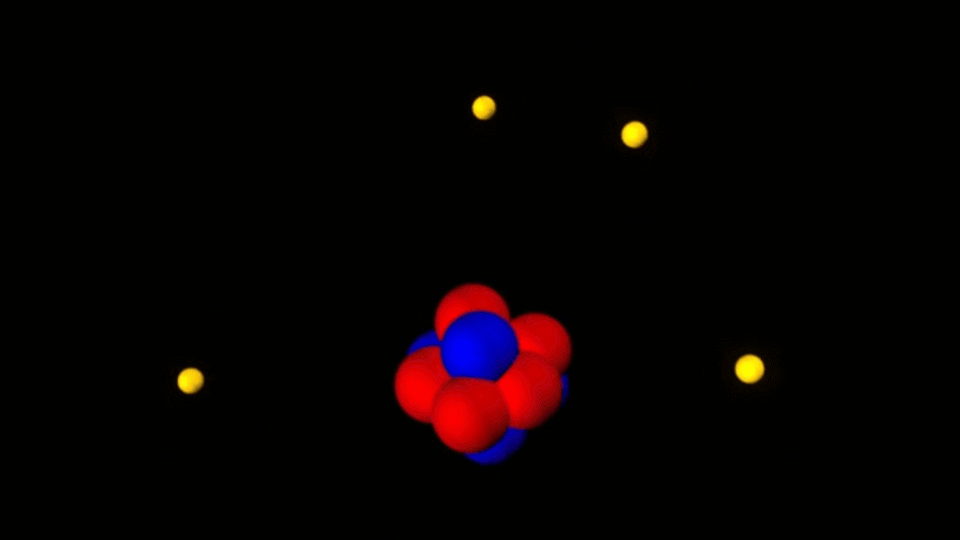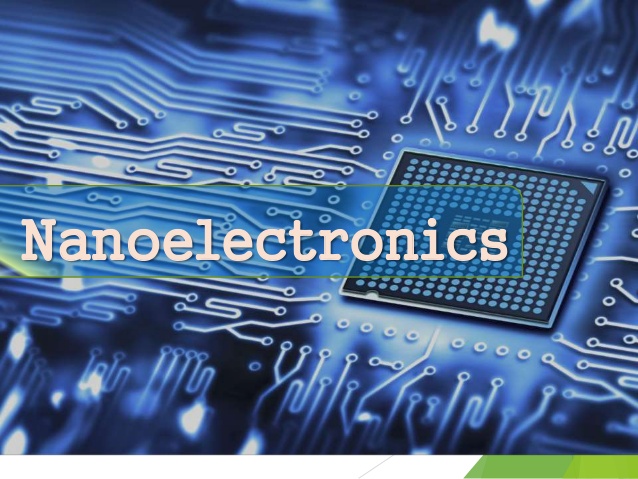_ Department of nano reactors and (electrical conduction)
Natural nanoreactors in the production of electrical nanosensors
Researcher and author: Dr. ( Afshin Rashid)

Note: These nanoreactors are selectable. This means that they are able to distinguish between different molecules and allow only certain molecules to enter their internal cavity. In addition to selectivity, cells also have sensitivity by having pores in the membrane that open and close with external stimuli such as pH change.
Selectivity and sensitivity are the characteristics of all natural nanoreactors and are used in the production of nanosensors.
_61om.gif)
Nanoreactors are very diverse. Simple or complex, organic and inorganic materials with electrical conductivity, volume and cavity of tissues are used as nanoreactors. Unlike microreactors, the reaction space inside nanoreactors greatly affects the movement and interactions between molecules inside it.
Therefore, the nanoreactor is not just a simple container and plays an important role in the electrochemical process. Nano reactors are relatively new materials, but different processes of nano reactors have been used in nature for a long time. Conducting electrochemical reactions in limited spaces with nanometer dimensions and micrometer volume leads to changes in the kinetics and path of the entire process. Such limited spaces that are used to carry out specific electrochemical reactions are called nanoreactors. Nanoreactors are very small chambers with nanometer dimensions, which have great potential to improve electrochemical conversions by protecting catalysts from environmental influences and enclosing reactants and catalysts in a small space for a long time . Actually, nano reactors are porous materials, one of their dimensions is on the nano scale.




